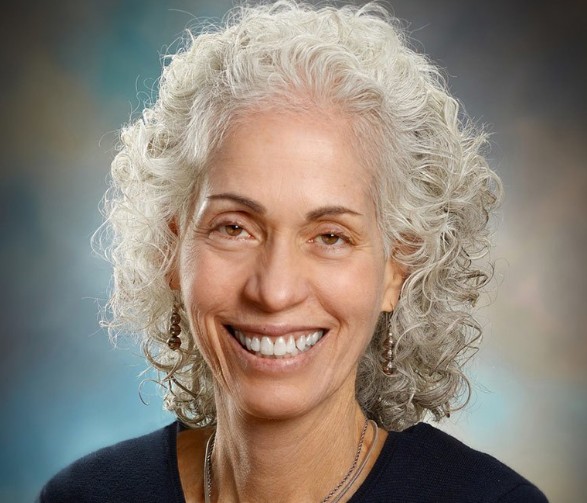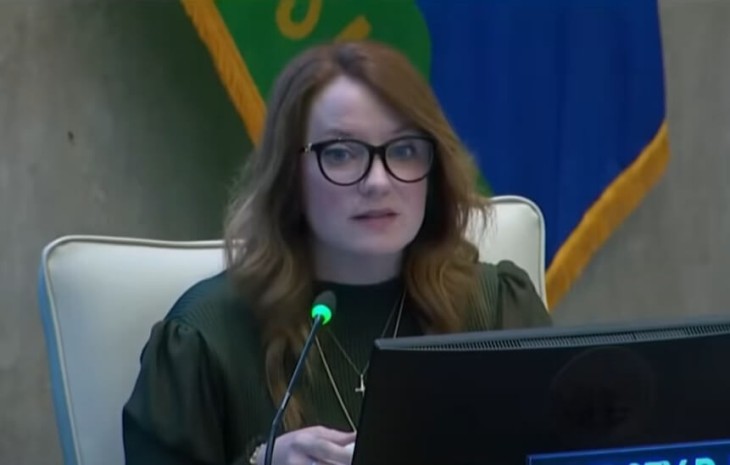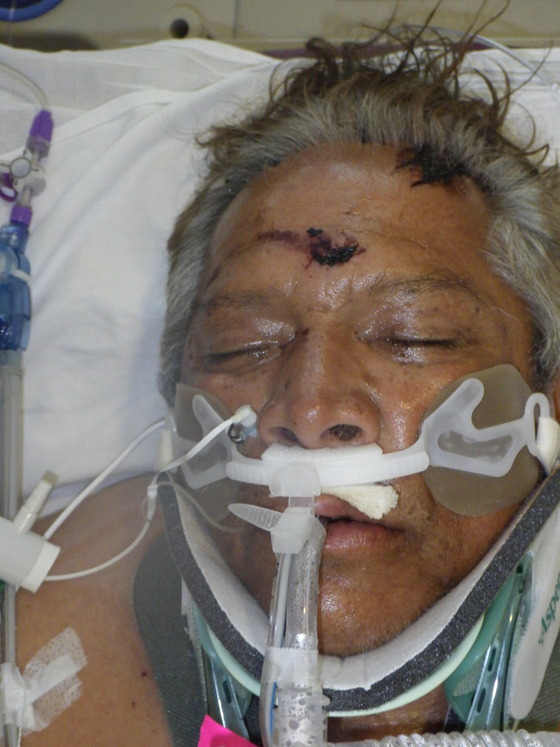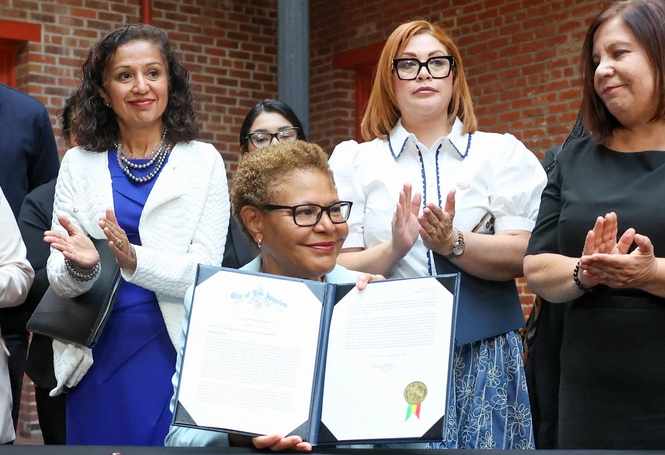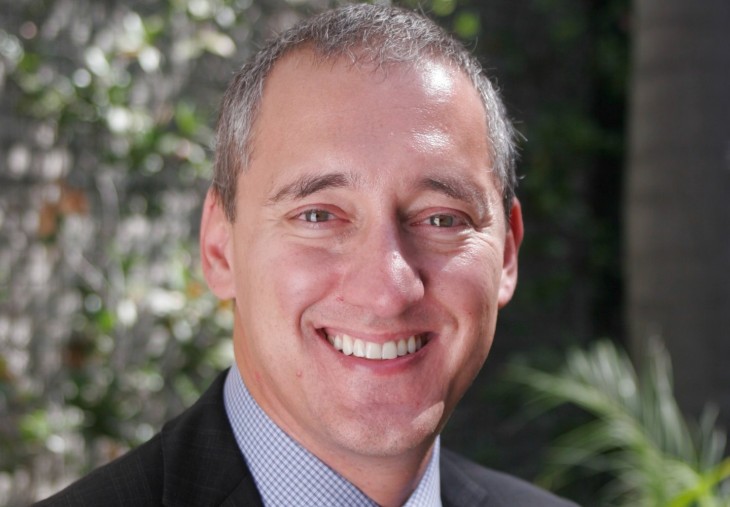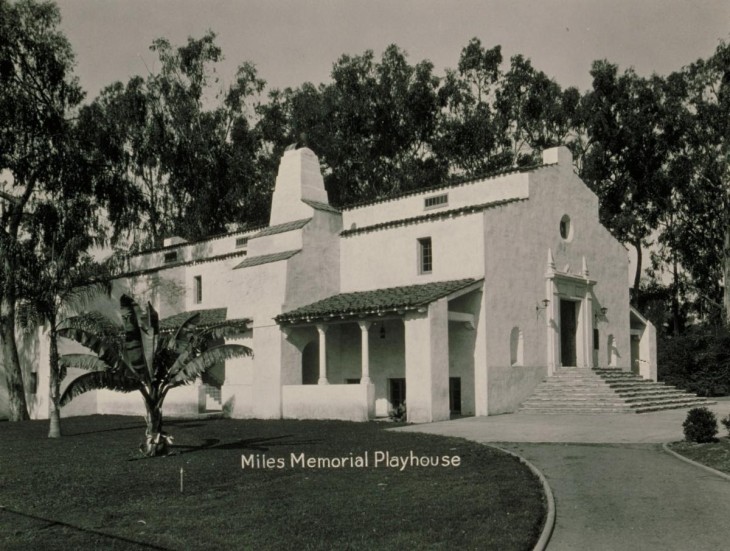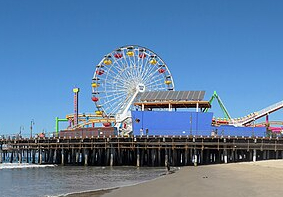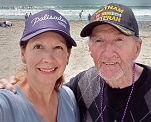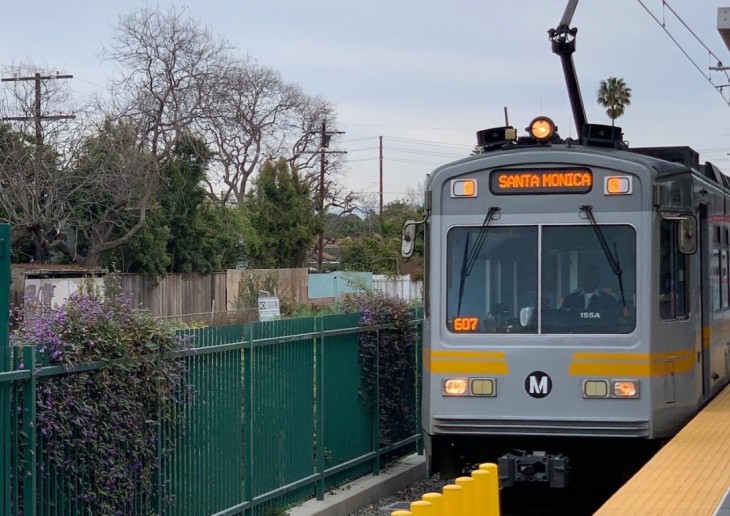A huge chunk of Westside real estate may in large measure determine the future of property development and traffic patterns in the region, and so the UCLA campus and the Veterans Administration grounds were the subject of a September 18 panel discussion hosted by the Westside Urban Forum.
L.A. County Supervisor Zev Yaroslavsky was joined by UCLA Chancellor Gene Block and VA Network Director Ronald B. Norby in a forum moderated by L.A. Harbor Commission president Cindy Miscikowski. “These are the two biggest properties in the neighborhood,” said Yaroslavsky, “and it is still a neighborhood.”
Speaking of the VA property, Yaroslavsky said, “That property should never be privatized,” and he called it “hallowed and sacred ground.” He acknowledged that he and the county had no real jurisdiction over the federal land except his bully pulpit, but allowed that he “believe[s] we now have a path forward toward working together” to preserve the largely open property.
U.S. Senators Alan Cranston and Dianne Feinstein and Congressman Henry Waxman opposed efforts to privatize the VA property by the Ronald Reagan and George W. Bush administrations, Yaroslavsky noted. “We do not want to micromanage the property as long as the VA is serving its mission,” he added.
Norby, Network Director of the VA Desert Pacific Healthcare Network, which is responsible for providing healthcare to veterans in Southern California and Southern Nevada, echoed Yaroslavsky’s sentiments. He said that the VA intended “no use of the campus not related to veterans” and that the land would be used “exclusively at all times for service and care of veterans.”
UCLA Chancellor Block continued the mission-driven theme regarding property development, saying that further development of the university campus would be “driven by academics,” including more faculty and staff housing on campus, more multidisciplinary programs, and “a lot of in-building” on the property.
Block noted that UCLA’s emphasis on ride-sharing in recent years has resulted in the number of commuter trips to the school (both student and faculty/staff) being the same as it was in 1995-96.
Both institutions are developing long-range plans for the development of their properties – UCLA preparing a long-range development plan through 2013, and the VA “pulling together a master plan” of which a preliminary draft is now complete. Norby did not give a timetable for its completion.
Norby said the VA had no immediate plans for housing its staff on the grounds, but was more interested in using the property for veterans themselves. The new California state veterans building now under construction is one in which veterans will likely live for the rest of their lives, Norby said, and so will not be a traffic contributor. “We are looking at new housing for homeless veterans,” he added.
In answer to questions from the businesspersons, civic leaders, and educators who make up the Forum, Yaroslavsky said that he was not concerned about possible private development on the Army Reserve site at the corner of Wilshire Boulevard and Federal Avenue which was the subject of a proposed land swap a year or two ago – the county rezoned the land for institutional use only and “I don’t think that’s going anywhere.”
When someone observed that the VA property acted as a barrier to east-west traffic on the Westside, Yaroslavsky observed that even if you cut San Vicente Boulevard eastward through the VA, “Where could that traffic go when it reaches Sepulveda?” noting that it would not likely continue through the cemetery. The “pastoral” and “healing” nature of the property should be preserved, said both Yaroslavsky and Norby. “I don’t think there’ll ever be a public park on our property,” Norby added.

